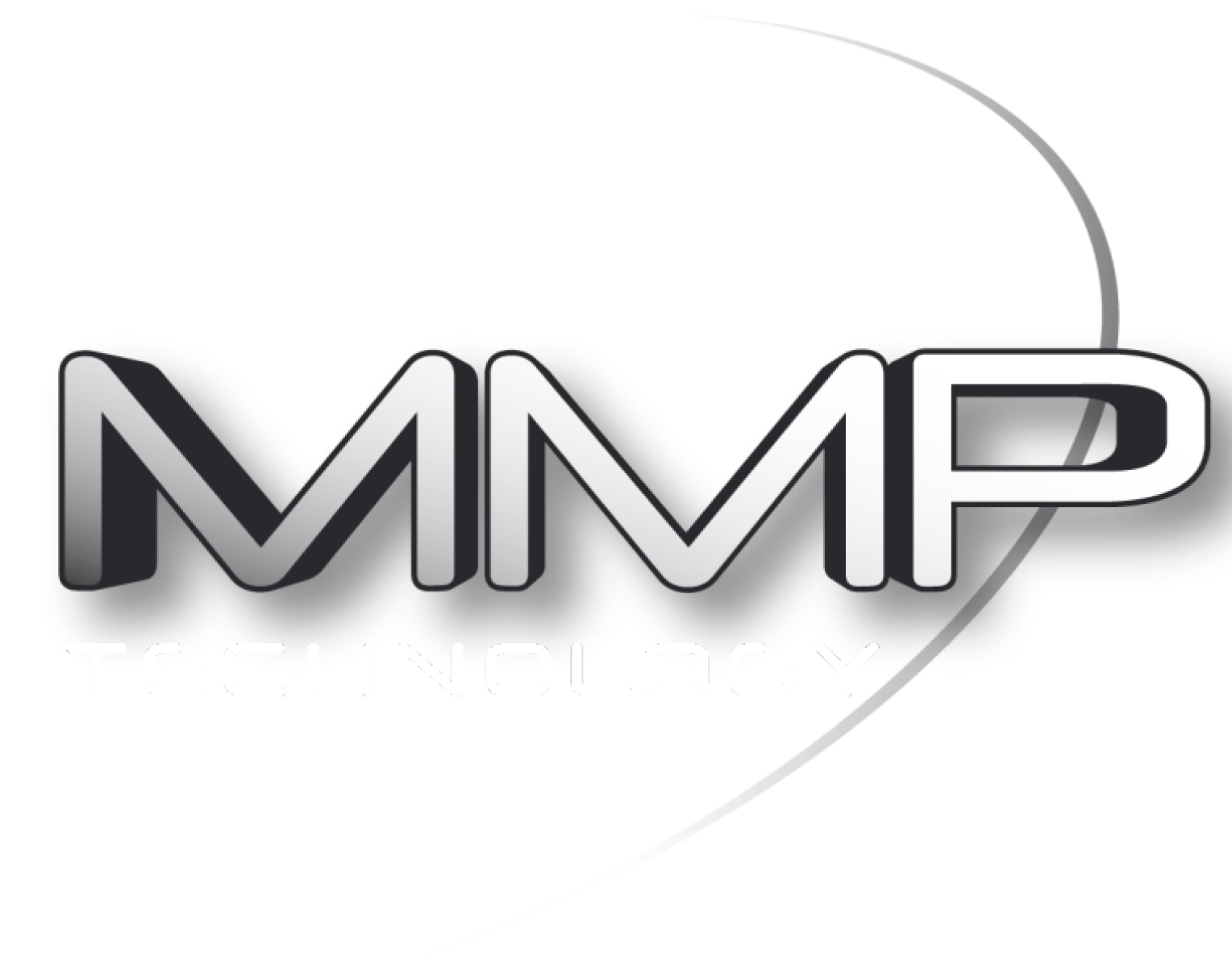10 Essential Tips for Selecting Titanium Alloy: Insights from Industry Experts and Market Trends
In recent years, titanium alloy has gained significant traction across various industries due to its exceptional strength-to-weight ratio and corrosion resistance. As per the latest market analysis, the global titanium alloys market is projected to reach USD 5.47 billion by 2026, growing at a compound annual growth rate (CAGR) of 5.9% from 2021 to 2026. This remarkable growth underscores the increasing demand for titanium alloy in aerospace, automotive, and biomedical applications, where performance and reliability are paramount.
Choosing the right titanium alloy can be a daunting task, given the plethora of options available in the market. Industry experts emphasize the importance of understanding specific alloy properties and their corresponding applications. Recent studies indicate that nearly 60% of manufacturers report challenges in selecting the appropriate titanium alloy for their projects, highlighting the necessity for informed decision-making. This article aims to provide essential insights into the selection process, ensuring that stakeholders are equipped with the knowledge needed to navigate the complexities of titanium alloy procurement and utilization effectively.
By leveraging industry insights and trending market data, we will explore ten critical tips that can help streamline the selection of titanium alloys. From assessing mechanical properties to understanding the implications of alloying elements, these guidelines will serve as a valuable resource for engineers and buyers looking to optimize their material choices in a competitive landscape.
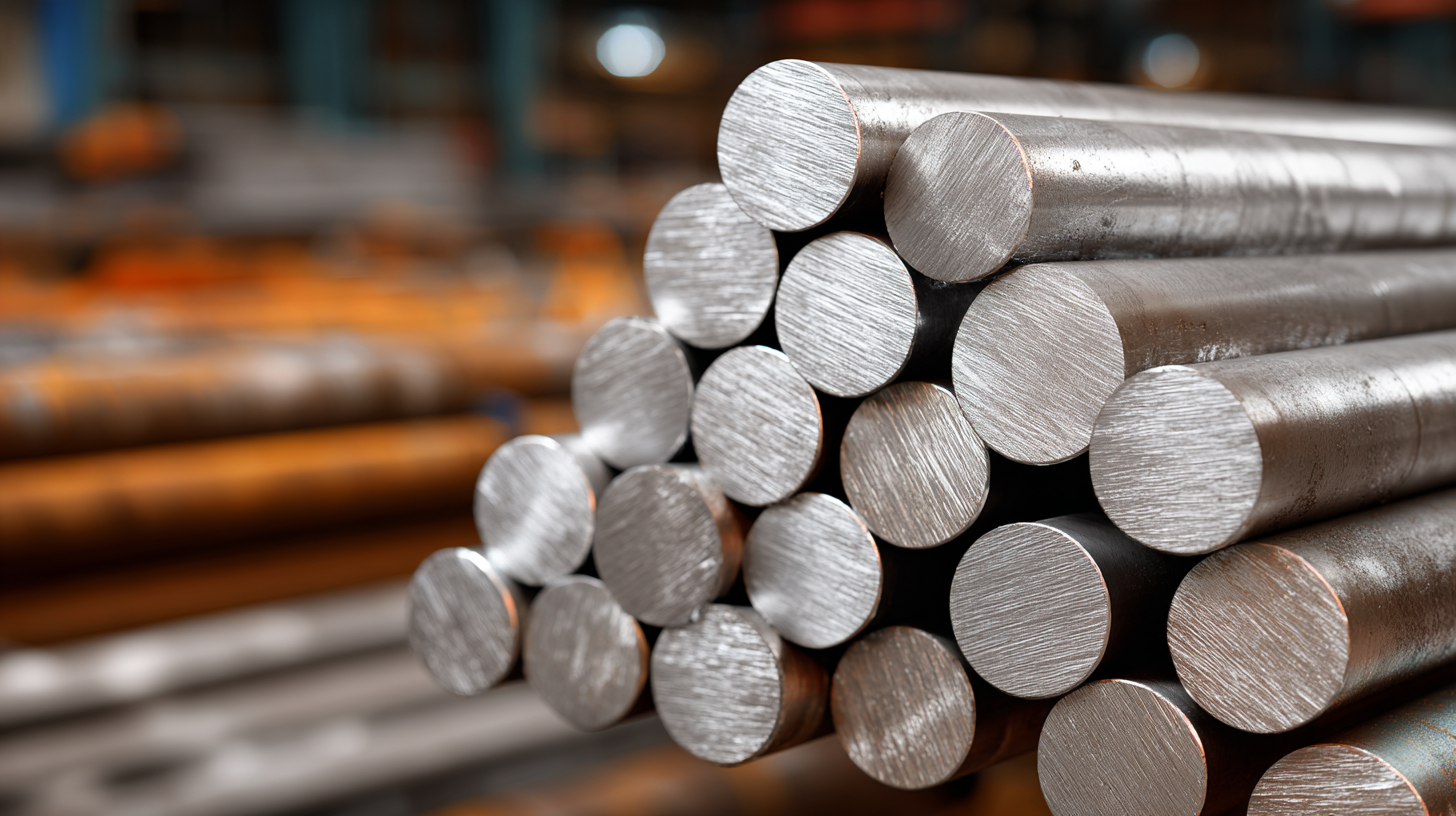
Understanding the Different Types of Titanium Alloys and Their Applications
When it comes to selecting the right titanium alloy, understanding the different types and their applications is crucial. Titanium alloys can be broadly classified into two categories: alpha alloys and beta alloys. Alpha alloys, which primarily include titanium mixed with aluminum, are known for their excellent creep resistance and high-temperature strength. They are ideal for aerospace applications where durability and weight savings are vital. On the other hand, beta alloys, characterized by the inclusion of elements like molybdenum and vanadium, offer increased strength and workability, making them suitable for applications in the automotive and medical fields.
One essential tip when selecting a titanium alloy is to consider the specific environmental conditions the material will face. For example, if the alloy will be exposed to highly corrosive environments, a specialized alloy like Ti 6-4 may be the best choice due to its superior corrosion resistance. Additionally, reviewing current market trends can provide insight into which alloys are gaining popularity within your industry. Many experts suggest keeping an eye on advancements in alloy processing techniques, as these can enhance properties like weldability and fatigue resistance, further broadening the applicability of titanium alloys in modern engineering.
Evaluating Strength-to-Weight Ratios for Optimal Performance in Aerospace and Automotive Industries
When selecting titanium alloy for applications in the aerospace and automotive industries, evaluating strength-to-weight ratios is crucial for ensuring optimal performance. Titanium alloys are renowned for their impressive mechanical properties, combining high strength with low density. This makes them an ideal choice for components that require enhanced performance without adding unnecessary weight. Analyzing the specific requirements of your project, such as operational conditions and weight constraints, will guide you in choosing the right alloy.
One essential tip is to prioritize alloys with high tensile strength and corrosion resistance. For instance, titanium alloy grades such as Ti-6Al-4V are popular for aerospace applications due to their superior strength-to-weight ratios. Additionally, understanding the alloy's microstructure and how it behaves under different processing conditions can lead to improvements in performance. Another important aspect is to consult with industry experts to keep abreast of market trends and material advancements that could influence your selection process.
Lastly, consider the fabrication techniques suited for your chosen alloy. Techniques such as additive manufacturing or advanced welding methods can affect the final performance of the component. By combining insights on strength-to-weight ratios with practical considerations in production techniques, you can make informed decisions that enhance the efficiency and safety of your aerospace or automotive projects.
This chart illustrates the strength-to-weight ratios of various titanium alloys commonly used in the aerospace and automotive industries, showcasing their potential for optimal performance.
Assessing Corrosion Resistance: Key Factors Influencing Selection of Titanium Alloys
When selecting titanium alloys, assessing corrosion resistance is paramount, as it directly influences performance and longevity in various applications. Recent research highlights how alloying can significantly enhance the corrosion properties of titanium alloys. By integrating specific elements into the titanium matrix, manufacturers can create materials tailored to withstand harsh environments, thus improving their viability in sectors like aerospace and biomedical applications.
The structural integrity of titanium alloys is also influenced by surface quality, which plays a crucial role in their overall corrosion resistance. Studies have indicated that improved surface treatments can mitigate corrosion challenges and enhance durability. This is especially relevant for grade 2 titanium, commonly utilized in various industrial contexts, where the performance and maintenance of components depend on the effectiveness of these surface enhancements. Understanding these factors is essential for making informed decisions when selecting the right titanium alloy for specific applications, ensuring optimal functionality and reliability.
Exploring Cost Trends and Availability of Titanium Alloys in the Global Market by 2025
The global titanium alloy market is poised for significant changes by 2025, influenced by various economic factors and technological advancements. As industries demand high-performance materials, the availability of titanium alloys will be shaped by ongoing production innovations and the integration of recycling processes. Experts project that advancements in extraction methods will also impact cost trends, leading to more competitive pricing for end-users in aerospace, automotive, and medical sectors.

Cost trends for titanium alloys are expected to fluctuate due to geopolitical factors and raw material sourcing challenges. The price of titanium, influenced by global supply chains and production capacities, may experience volatility in the coming years. However, as more manufacturers adopt lean production practices and invest in research and development, it’s anticipated that the market will stabilize, offering better access and affordability. Understanding these dynamics will be crucial for businesses as they strategize their procurement practices and investment decisions concerning titanium alloys.
Analyzing Industry Standards and Certifications for Titanium Alloy Selection in Manufacturing
When selecting titanium alloys for manufacturing, understanding industry standards and certifications is crucial. Standards such as ASTM F136 for surgical implant applications and ASTM B348 for titanium bars and rods serve as foundational guidelines for quality assurance. These specifications not only dictate the chemical composition and mechanical properties of the titanium alloys but also ensure that they meet safety and performance requirements essential for their intended applications.

Furthermore, certifications from reputable organizations, such as ISO 9001 for quality management systems or AS9100 for aerospace requirements, can provide additional confidence in a supplier's ability to deliver high-quality products. Manufacturers should actively seek partners with these certifications, as they indicate adherence to rigorous processes and standards that ultimately impact the reliability of the final products. By prioritizing industry standards and certified suppliers, manufacturers can minimize risks associated with titanium alloy selection, ensuring their applications perform optimally in demanding environments.
Related Posts
-

Exploring Innovation: How Plastic Industries are Shaping Sustainable Technology for the Future
-
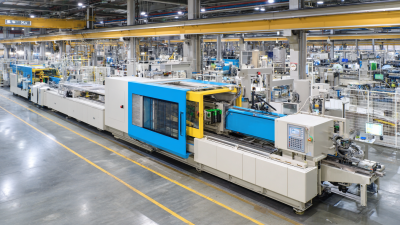
Understanding the Plastic Injection Moulding Process: A Comprehensive Guide for Beginners
-
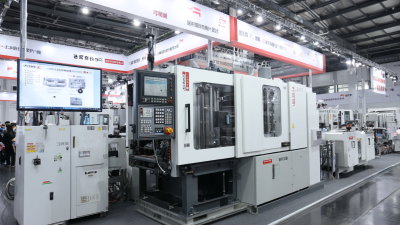
Unlocking Industry Potential with Plastic Mold Innovation at the 138th Canton Fair 2025
-

Transforming Industries: Unleashing the Power of Cutting-Edge Industrial Applications
-
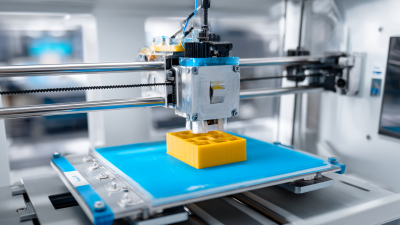
Exploring Additive Manufacturing Innovations at the 2025 Canton Fair in China
-
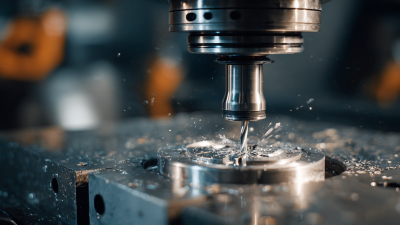
The Future of Micro Machining Technologies Driving Precision Engineering Innovations
